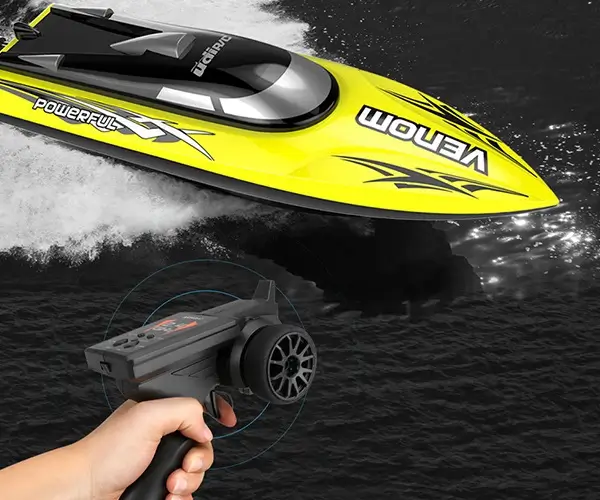Imagine you're building a robot arm or a CNC machine—you're tossing around ideas for what kind of motor to get. There’s servo motors and stepper motors, both fighting for your attention. They seem similar at first glance, but trust me, knowing their quirks can make or break your project.

Think of a servo motor like a sprinter with a GPS tracker. It’s fast, precise, and can quickly lock onto a position. Imagine you’re trying to get a robotic hand to grasp a delicate cup without spilling. In that scenario, a servo's quick response and high accuracy shine through. The servo is powered by a closed-loop system—meaning it constantly checks if it’s where it’s supposed to be, then makes tiny adjustments. That makes it perfect when you need tight control and high torque in a small package.
Now, stepper motors are more like a train on a track. They move in steps—discrete chunks rather than smooth swings. This makes them simpler; they don’t need a feedback system because they always know where they are. If you’re building a 3D printer or a CNC router, a stepper can chew through repetitive tasks with ease. It's reliable and straightforward, but if things get too heavy or the load changes suddenly, you might notice missed steps or lost positioning, especially without enough current or proper tuning.
Here’s a question that pops up a lot: “Which one is more energy-efficient?” Honestly, it depends. Stepper motors tend to draw current continuously when holding position, leading to more power drain if you hold a position for hours. Servo motors, with their closed-loop system, only draw power when moving or correcting position. That can save energy in the long run, especially in continuous operation.
Another thing—noise. Steppers are pretty noisy. That constant clicking—a rhythmic thud—can become annoying if you’re working close or building something quiet like a home automation setup. Servos are much quieter, purring smoothly when they operate. That’s a big plus if you’re designing something where silence matters.
What about control complexity? Stepper motors are simple to wire and program—just some pulses and direction signals. Servos require a more sophisticated driver and feedback system, but that extra complexity means better precision and adaptability. You can tweak a servo’s response curve, or even program some forms of smart behavior.
When choosing, think about the endgame. Do you want precise, fast, and smooth motion in tight spaces? Servos shine in these setups. Need a robust, high-torque motor for a repetitive, less sensitive task? Stepper might be your buddy. Sometimes, mixing both in a single project creates the best of both worlds.
And just to toss in a curiosity—what about durability? Both are quite sturdy, but servos tend to handle rapid cycling better, especially in applications demanding quick, continuous adjustments. Steppers last long at a steady pace without much fuss, but in heavy-duty, high-torque environments, a well-chosen servo can give you more juice and longevity.
Got a project brewing? Whether you’re chasing precision or simplicity, picking the right motor isn’t just about specs. It’s about what kind of rhythm your creation needs—steady and reliable or sharp and responsive. In a way, understanding these differences helps you craft machines that feel alive, responsive, and ready to take on what you throw at them.
Established in 2005, Kpower has been dedicated to a professional compact motion unit manufacturer, headquartered in Dongguan, Guangdong Province, China. Leveraging innovations in modular drive technology, Kpower integrates high-performance motors, precision reducers, and multi-protocol control systems to provide efficient and customized smart drive system solutions. Kpower has delivered professional drive system solutions to over 500 enterprise clients globally with products covering various fields such as Smart Home Systems, Automatic Electronics, Robotics, Precision Agriculture, Drones, and Industrial Automation.




































